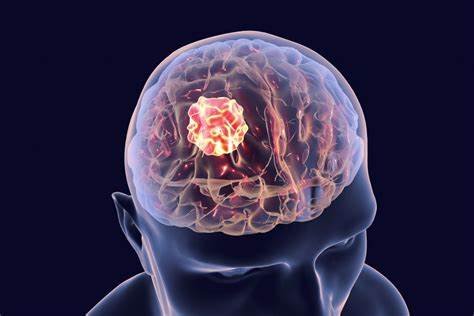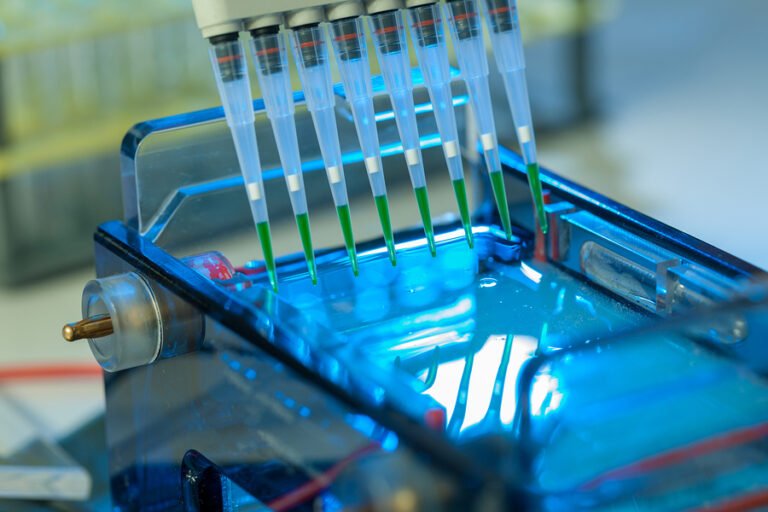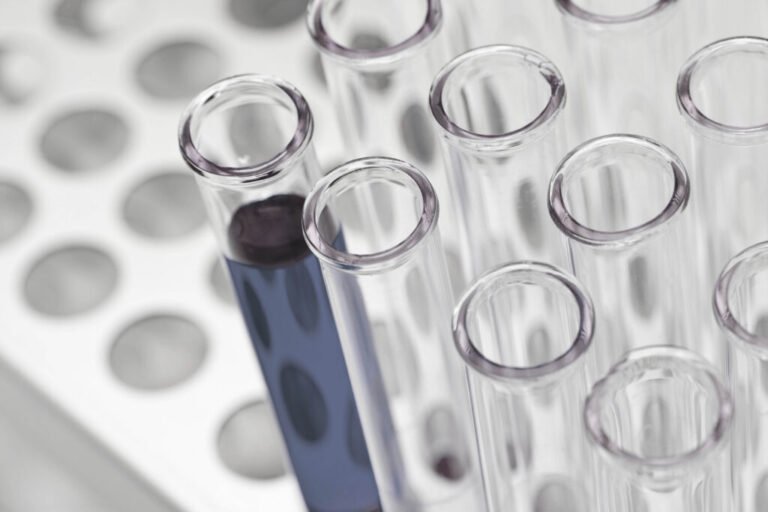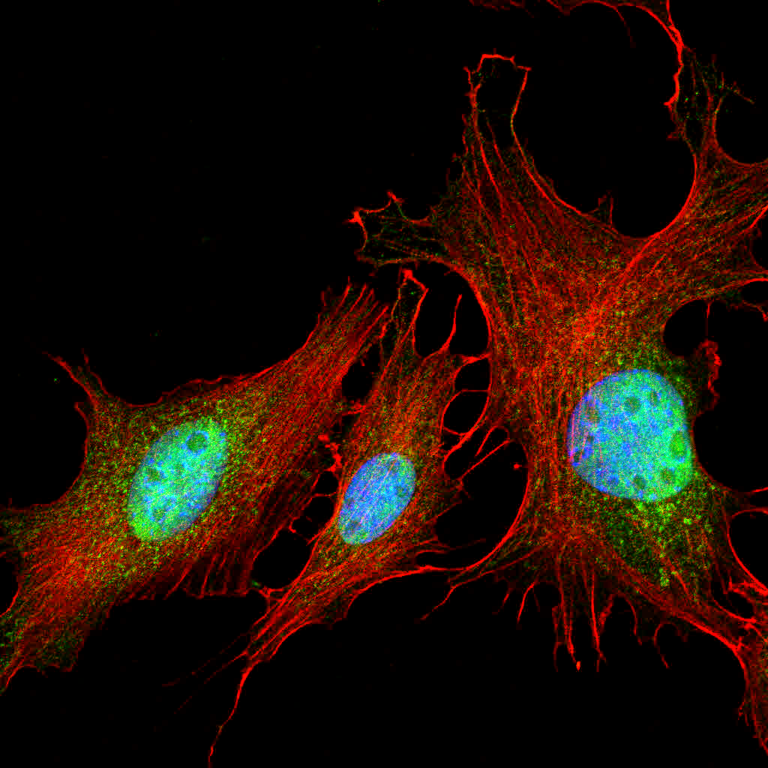Brain Cancer Markers: Unlocking the Mysteries of Early Diagnosis and Treatment
Brain cancer, though relatively rare compared to other cancers, remains one of the deadliest due to its complexity and the challenges involved in its diagnosis and treatment. One of the critical components in the fight against brain cancer is the identification of reliable biomarkers—molecules that indicate the presence or progression of a disease. Brain cancer markers are not only pivotal for early detection but also for tracking treatment efficacy and paving the way for personalized therapies. Let’s dive into what brain cancer markers are and explore the latest research in this dynamic field.
What Are Brain Cancer Markers?
Brain cancer markers are molecules found in tissues, blood, cerebrospinal fluid, or other body fluids that can provide critical information about the presence of brain cancer, its subtype, progression, or response to treatment. These markers include:
- Genetic mutations (e.g., IDH1, IDH2)
- Epigenetic changes (e.g., MGMT methylation)
- Proteins (e.g., EGFR, VEGF)
- Circulating tumor cells (CTCs) and cell-free DNA (cfDNA) in the bloodstream.
By detecting these markers, clinicians can diagnose brain tumors, monitor their progression, and tailor treatments to individual patients, improving overall survival rates.
Key Brain Cancer Markers
- IDH1 and IDH2 Mutations: Found in gliomas, these mutations are pivotal in classifying gliomas into lower-grade, more treatable forms. IDH-mutant gliomas tend to have better prognoses than IDH wild-type tumors.
- MGMT (O6-methylguanine-DNA methyltransferase) Promoter Methylation: This epigenetic marker indicates whether a brain tumor will likely respond to temozolomide, a standard chemotherapy for glioblastoma. MGMT promoter methylation silences DNA repair mechanisms, making the tumor cells more vulnerable to chemotherapy.
- EGFR (Epidermal Growth Factor Receptor): EGFR mutations or amplifications are commonly observed in glioblastoma multiforme (GBM). Targeting EGFR signaling is a promising therapeutic strategy for GBM.
- VEGF (Vascular Endothelial Growth Factor): VEGF is a protein that promotes blood vessel formation, aiding tumor growth. Anti-VEGF therapies (like bevacizumab) aim to starve the tumor by cutting off its blood supply.
- Circulating Tumor DNA (ctDNA): This emerging marker is detected in the blood and can provide real-time insights into the genetic changes in tumors, facilitating a non-invasive “liquid biopsy” approach to monitor brain cancer.
Current Research and Advancements in Brain Cancer Marker Research
- Liquid Biopsies: Traditionally, brain cancer diagnosis relies on invasive procedures like biopsies or imaging. However, liquid biopsies—which analyze CTCs or cfDNA in blood—are becoming a powerful tool in diagnosing brain tumors and monitoring their progression. Recent studies suggest that these blood-based markers can offer a non-invasive alternative for detecting brain tumors and guiding treatment.
- Next-Generation Sequencing (NGS): NGS allows for the detailed analysis of tumor genetics, identifying mutations that drive cancer. In brain cancer research, NGS is increasingly used to discover new genetic markers that can be targeted by drugs, opening doors to precision medicine.
- Immunotherapy and Biomarkers: Immunotherapies, such as checkpoint inhibitors, are promising in treating brain cancers, particularly GBM. Current research is focused on identifying immune-related markers that can predict which patients will respond best to these treatments.
- Targeted Therapies: Researchers are now focusing on developing drugs that specifically target mutations in brain tumors, such as BRAF, PIK3CA, and TP53. Personalized treatments, designed based on the patient’s tumor markers, are expected to revolutionize brain cancer therapy in the coming years.
- Machine Learning and AI: The integration of machine learning (ML) and artificial intelligence (AI) into the analysis of brain cancer markers is gaining traction. AI algorithms can analyze vast datasets of genetic and protein markers, helping to predict patient outcomes, treatment responses, and the likelihood of cancer recurrence. This technology-driven approach can speed up the discovery of novel biomarkers and enhance diagnostic precision.
Challenges and Future Directions
Despite the exciting progress in brain cancer marker research, several challenges remain:
- Tumor Heterogeneity: Brain tumors, especially glioblastomas, are highly heterogeneous. This means that different parts of the same tumor can have distinct genetic profiles, making it difficult to pinpoint a single biomarker.
- Blood-Brain Barrier: The blood-brain barrier (BBB) poses a significant challenge in detecting brain tumor markers in blood, as it restricts the movement of molecules between the brain and the bloodstream.
- Limited Biomarker Validation: Although many potential markers have been discovered, not all of them are validated for clinical use. More robust clinical trials are needed to confirm their utility in patient care.
Conclusion
The discovery and validation of brain cancer markers are opening new avenues for the diagnosis and treatment of brain tumors. As research continues to evolve, these markers will play an increasingly important role in developing personalized therapies and improving patient outcomes. While there are challenges ahead, the future of brain cancer treatment looks promising, with liquid biopsies, targeted therapies, and AI-driven discoveries leading the way.
In the coming years, brain cancer markers are likely to redefine how we diagnose, treat, and monitor this deadly disease, offering hope to patients and clinicians alike.







